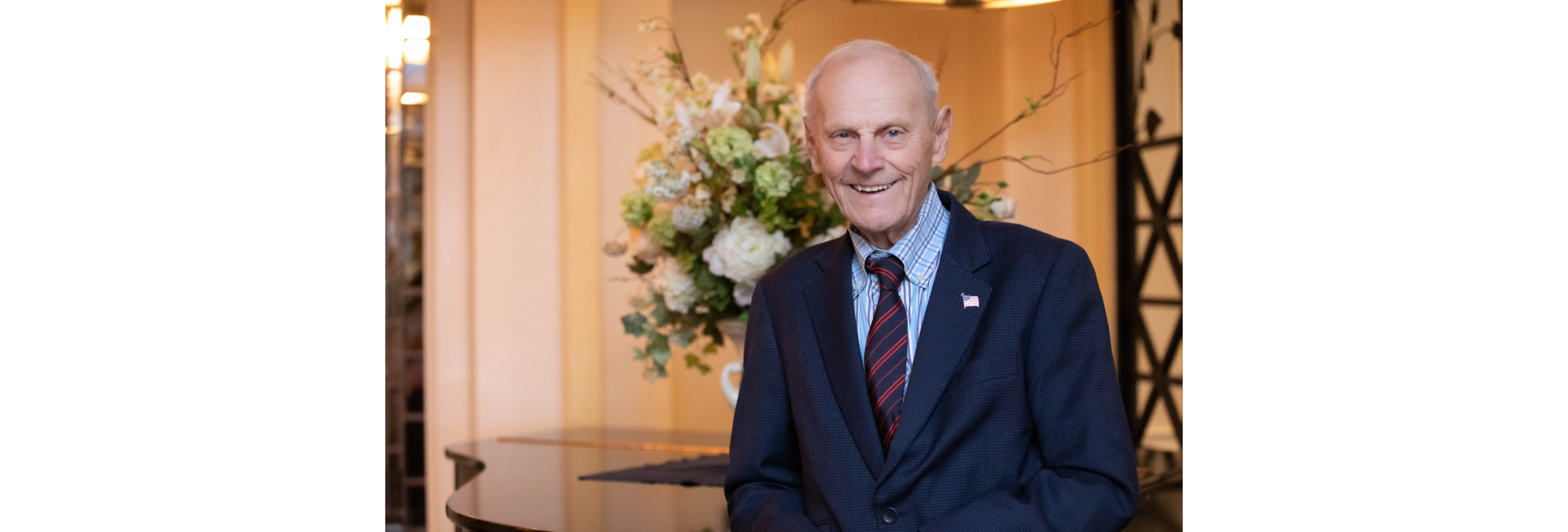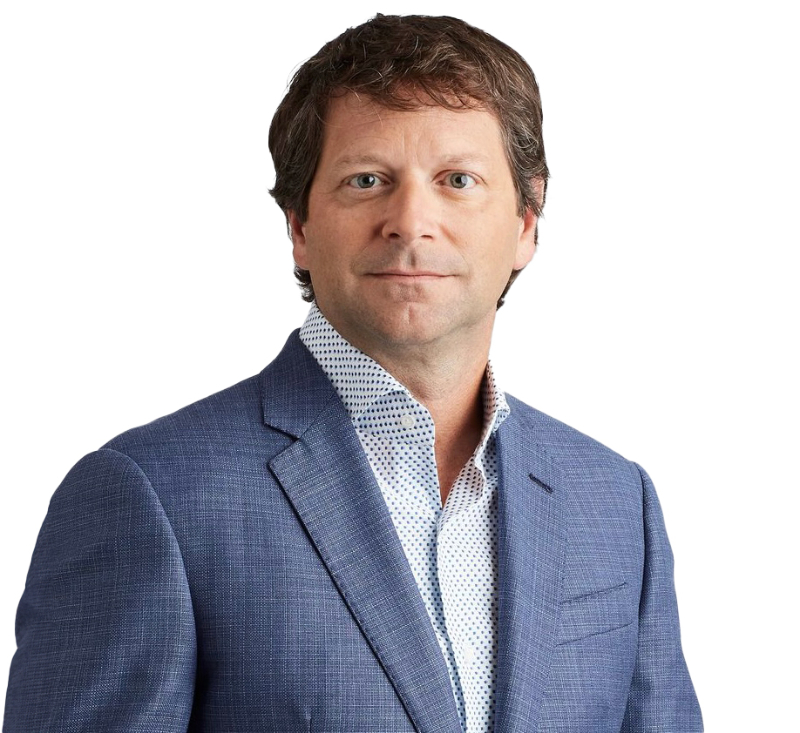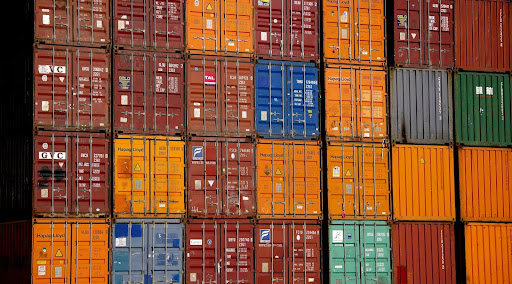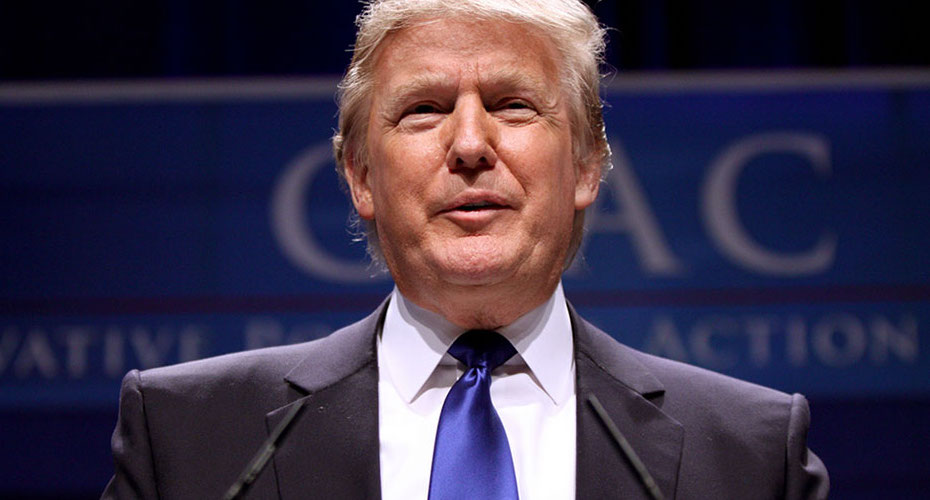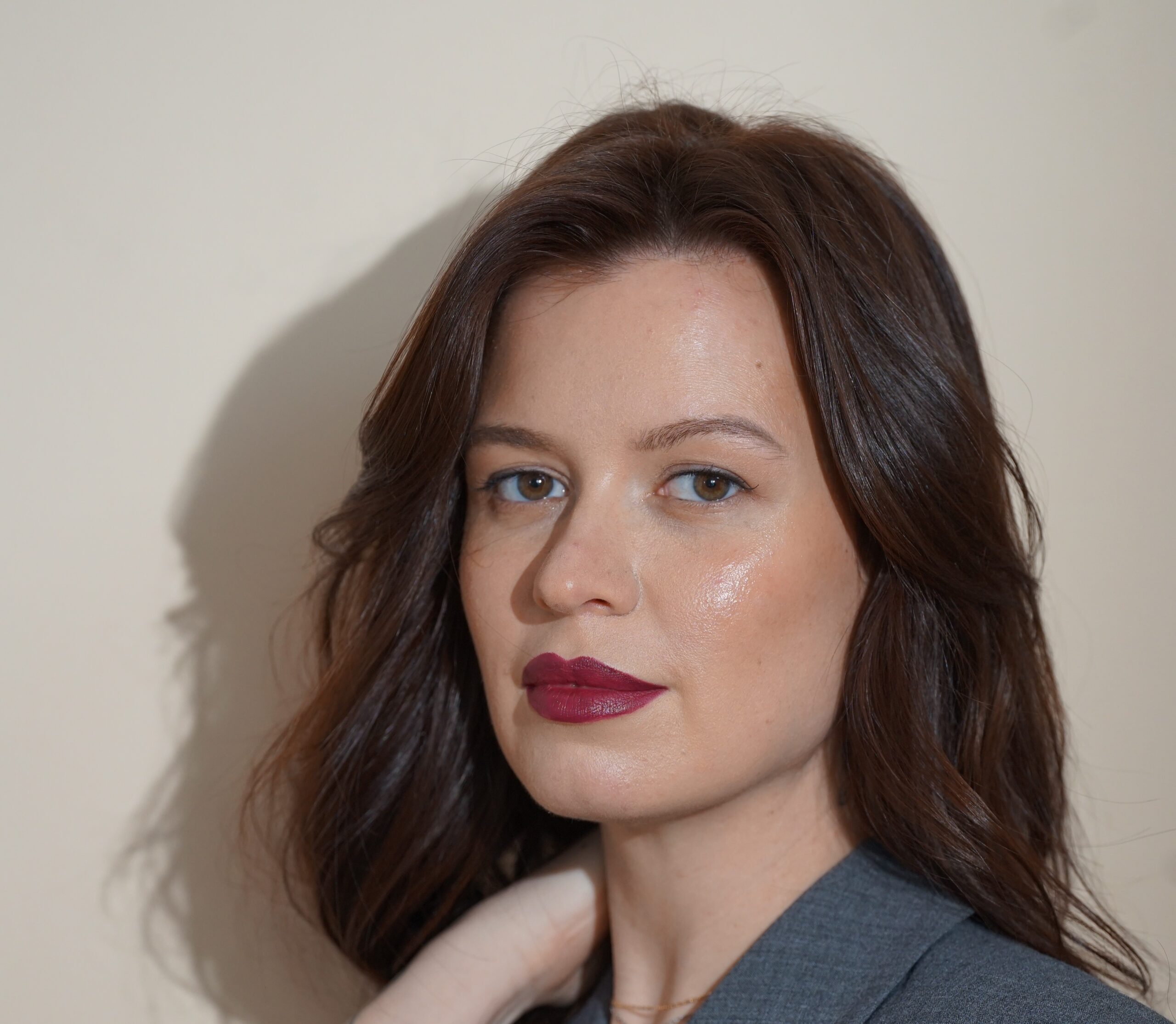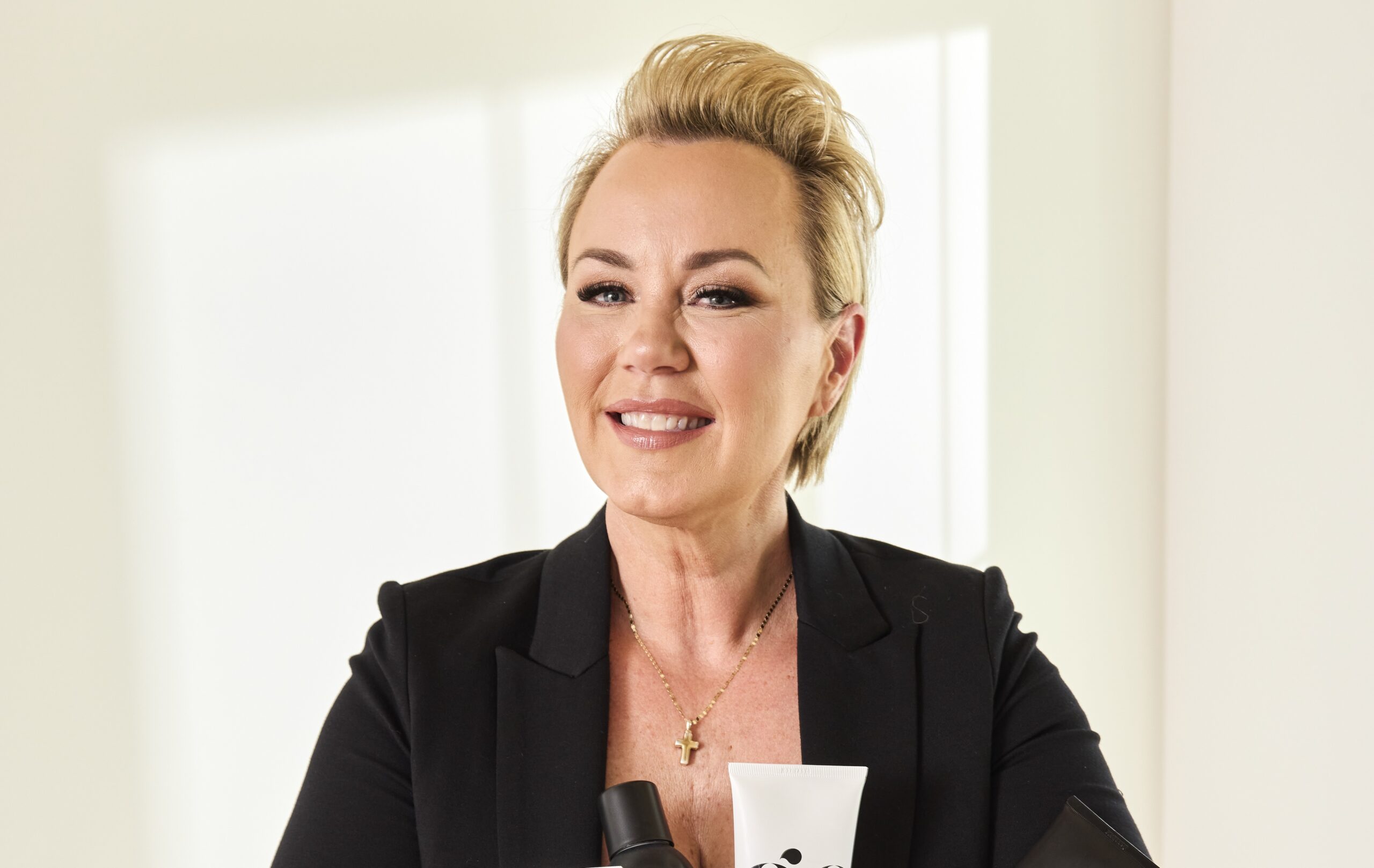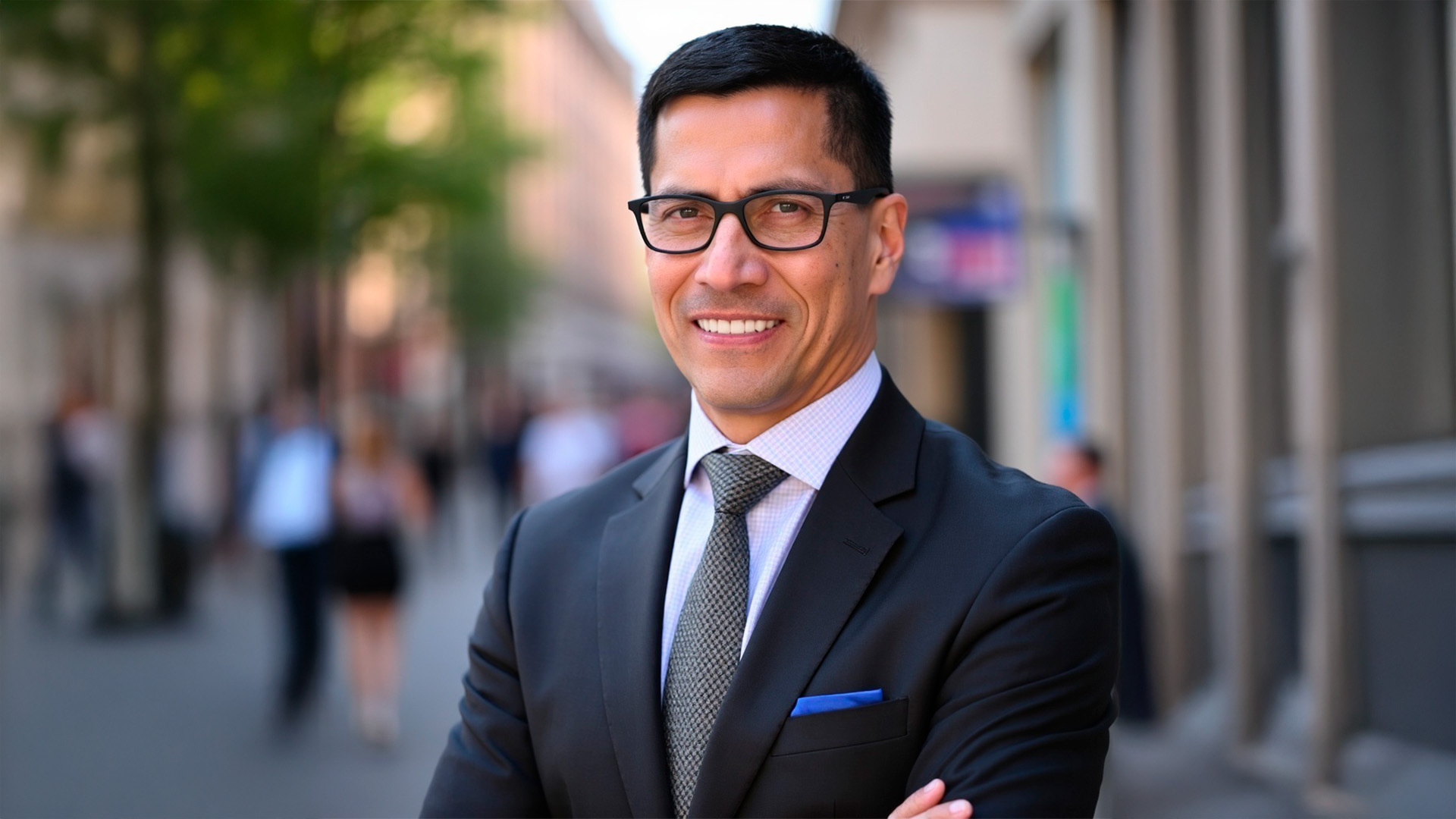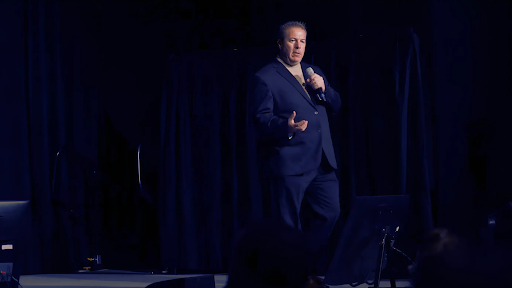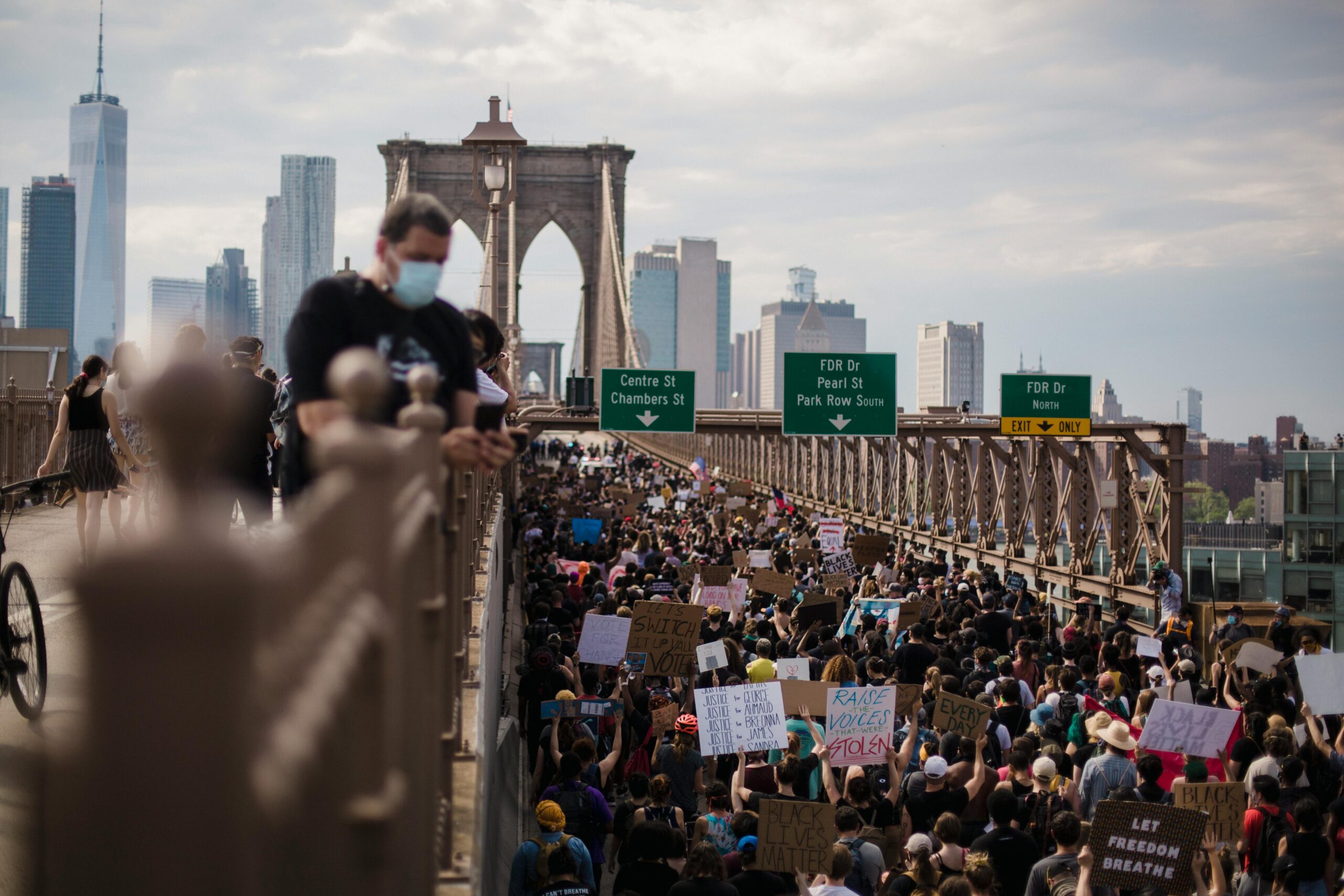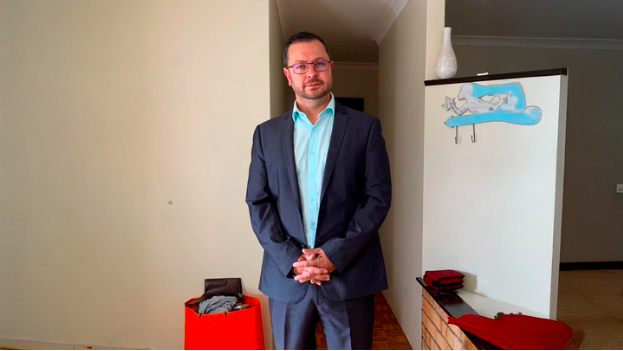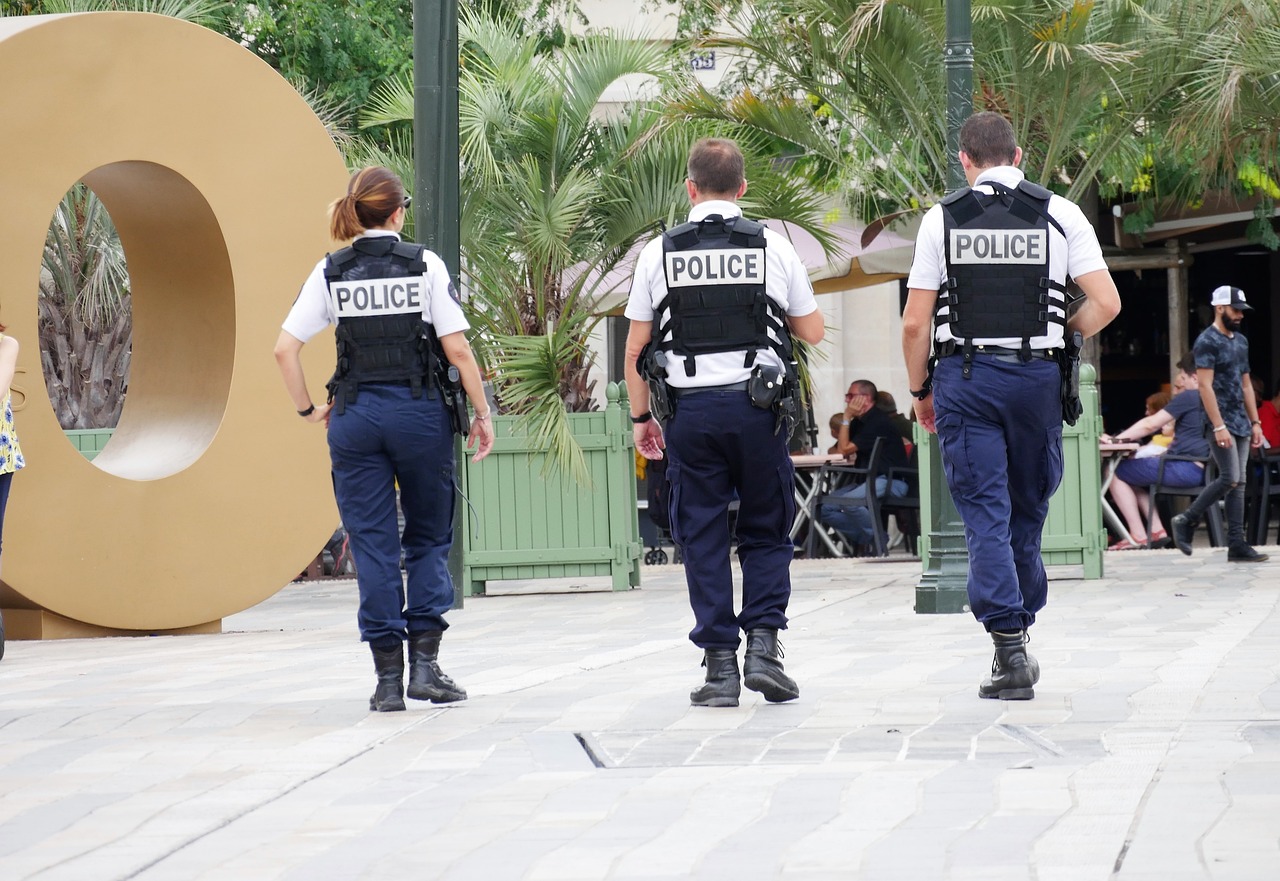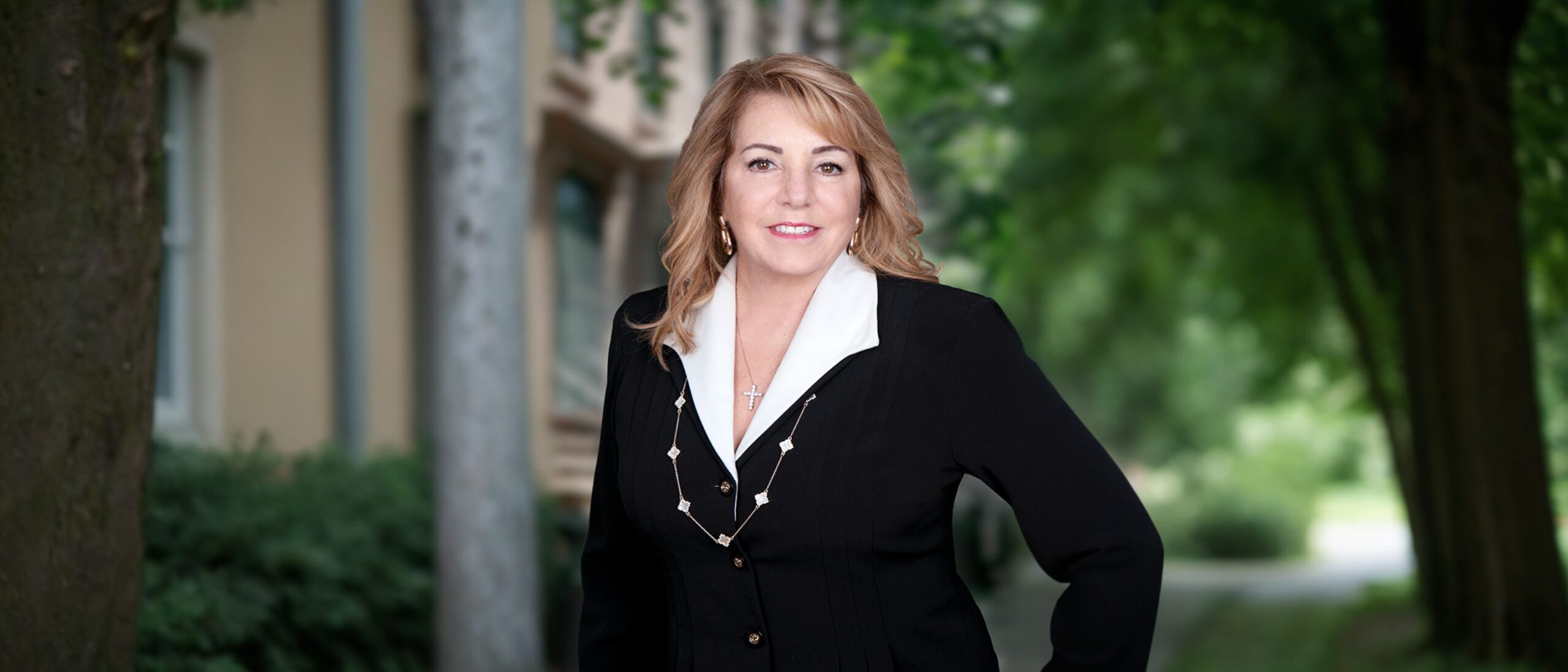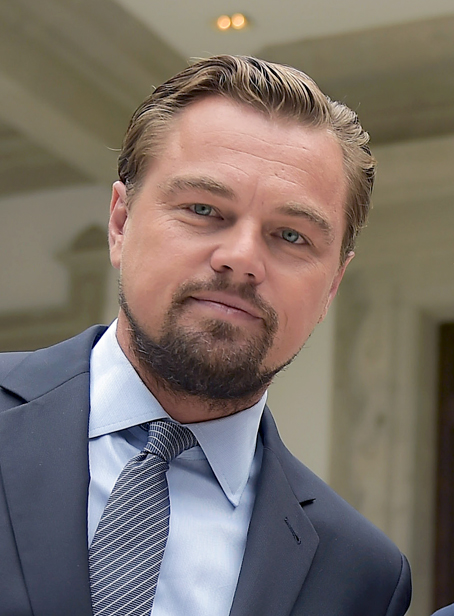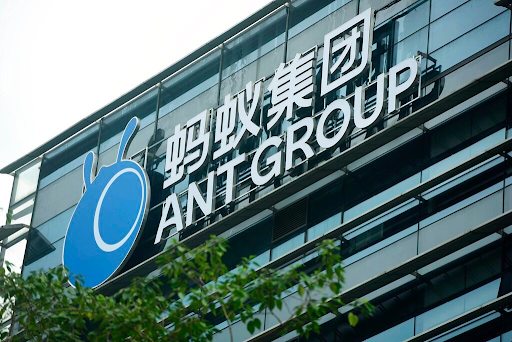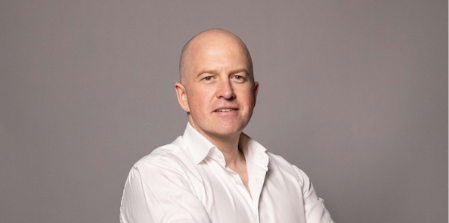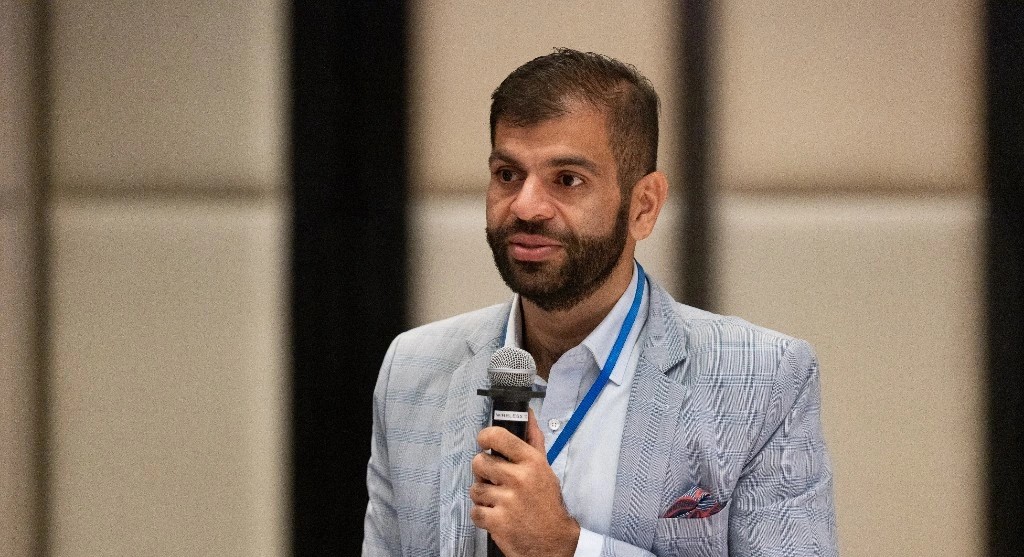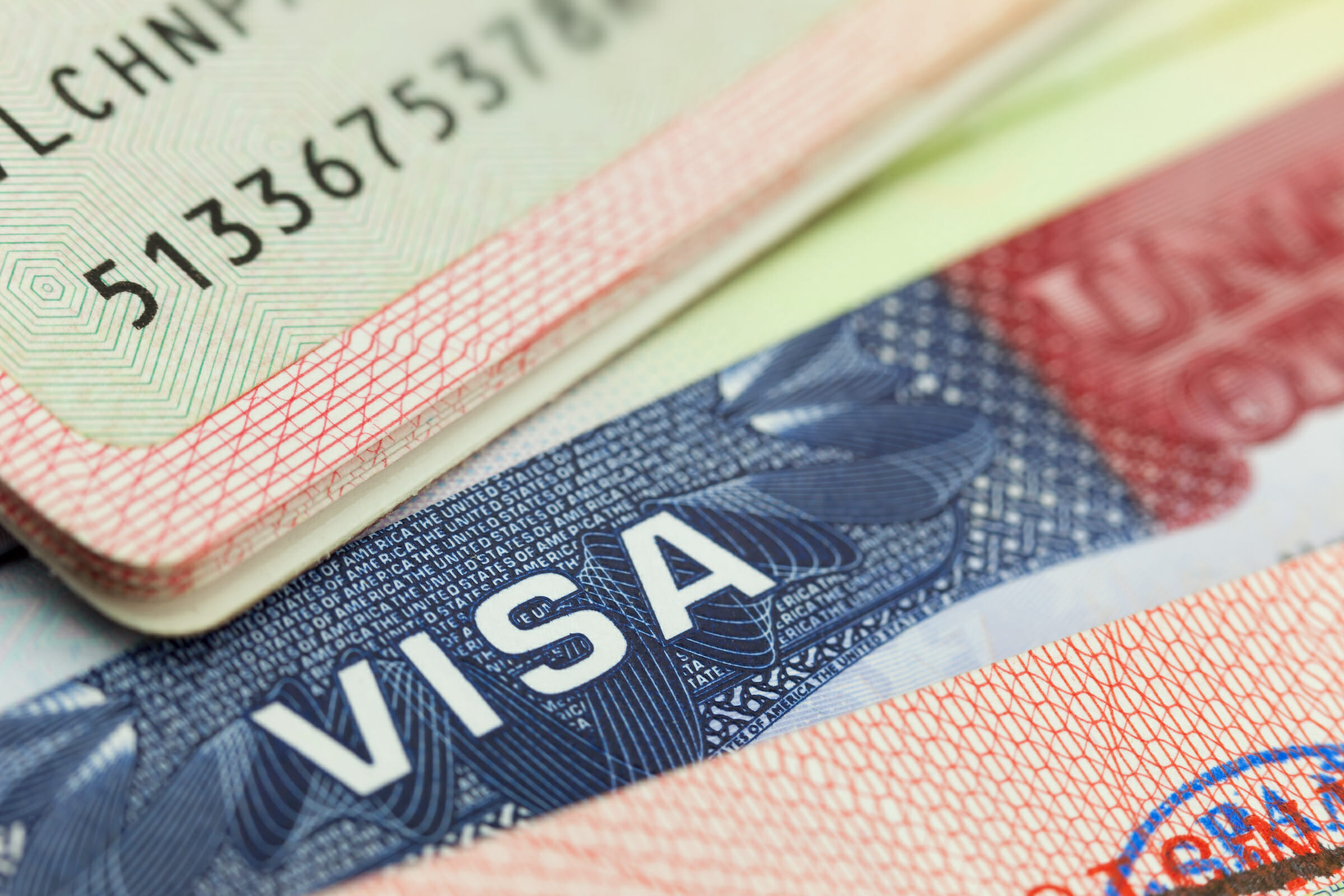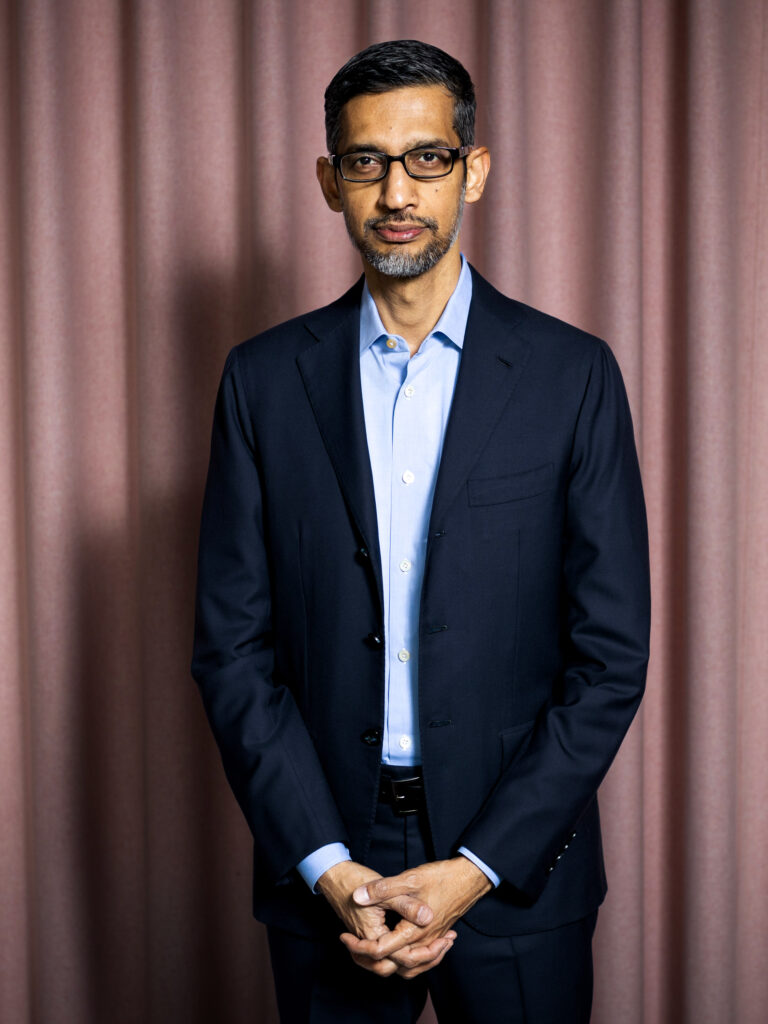Telegram CEO Pavel Durov Faces Preliminary Charges in France
French authorities handed preliminary charges to instant-messaging servicer Telegram, CEO Pavel Durov last week for allowing alleged criminal activity on the messaging app. The 39-year-old was barred from leaving France pending further investigation, and investigative judges ordered him to pay 5 million euros bail and to report to a police station twice a week, according to a Paris prosecutor’s office statement.
Allegations and Legal Context
Durov, who is also a French citizen, faces allegations that include his platform being used for child sexual abuse material and drug trafficking, as well as Telegram refusing to share information or documents with investigators when required to do so by law.
Under French law, preliminary charges allow magistrates, who have a solid reason to believe a crime has been committed, more time to investigate further.
The first preliminary charge against the CEO was for “complicity in managing an online platform to allow illicit transactions by an organized group,” which is a crime that can result in sentences of up to 10 years in prison and a 500,000 euro fine.
Speaking on behalf of Durov’s defense since his weekend arrest, both free-speech advocates and authoritarian governments arguments call attention to the challenges of policing illegal activity online, as well as Durov’s unusual biography and multiple passports.
“It’s totally absurd to think that the person in charge of a social network could be implicated in criminal acts that don’t concern him, directly or indirectly,” stated David-Olivier Kaminski, a lawyer for Durov.
Durov’s arrest in France has also caused outrage in Russia, with some government officials arguing it is politically motivated and proof of the West’s double standard on free speech.
Dmitry Peskov, a Kremlin spokesman, said he hoped Durov “has all the necessary opportunities for his legal defense” and added that Moscow stands “ready to provide all necessary assistance and support” to the Telegram CEO as a Russian citizen. However, Peskov also said that “the situation is complicated because he is also a citizen of France.”
According to prosecutors, Durov is “the only person implicated in this case at this stage.” However, they did not exclude the possibility that other individuals are being investigated, but prosecutors did decline to comment on other possible arrest warrants. According to prosecutors, other arrest warrants would only be revealed if the target of the warrant is detained and informed of their rights.
In Iran, where the messaging app is widely used despite being officially banned, the CEO’s arrest prompted the Islamic Republic’s supreme leader, Ayatollah Ali Khamenei to weigh in, who subtly praised France for being “strict” against those who “violate your governance” of the internet.
Denying political motivation, French President Emmanuel Macron stated that Durov’s arrest is part of an independent investigation, sharing on X that France “is deeply committed” to freedom of expression; however, “freedoms are upheld within a legal framework, both on social media and in real life, to protect citizens and respect their fundamental rights.”
Telegram refutes the allegations, stating the app abides by EU laws and its moderation is “within industry standards and constantly improving.”
“Almost a billion users globally use Telegram as a means of communication and as a source of vital information. We’re awaiting a prompt resolution of this situation,” Telegram said.
Durov and his brother founded Telegram after facing pressure from Russian authorities regarding his social networking site, VKontakte. Russian government’s crackdown following mass pro-democracy protests that rocked Moscow at the end of 2011 and 2012 led the CEO to sell VKontakte.
According to Durov, Russian authorities demanded that the site take down online communities of Russian opposition activists and hand over personal data of users who took part in the 2013-2014 uprising in Ukraine, which led to the ousting of a pro-Kremlin president. Durov turned down these demands and left the country.
With its pro-privacy stance and convenient way of communicating and sharing news, Telegram has often been criticized by Western governments for its lack of content moderation.













